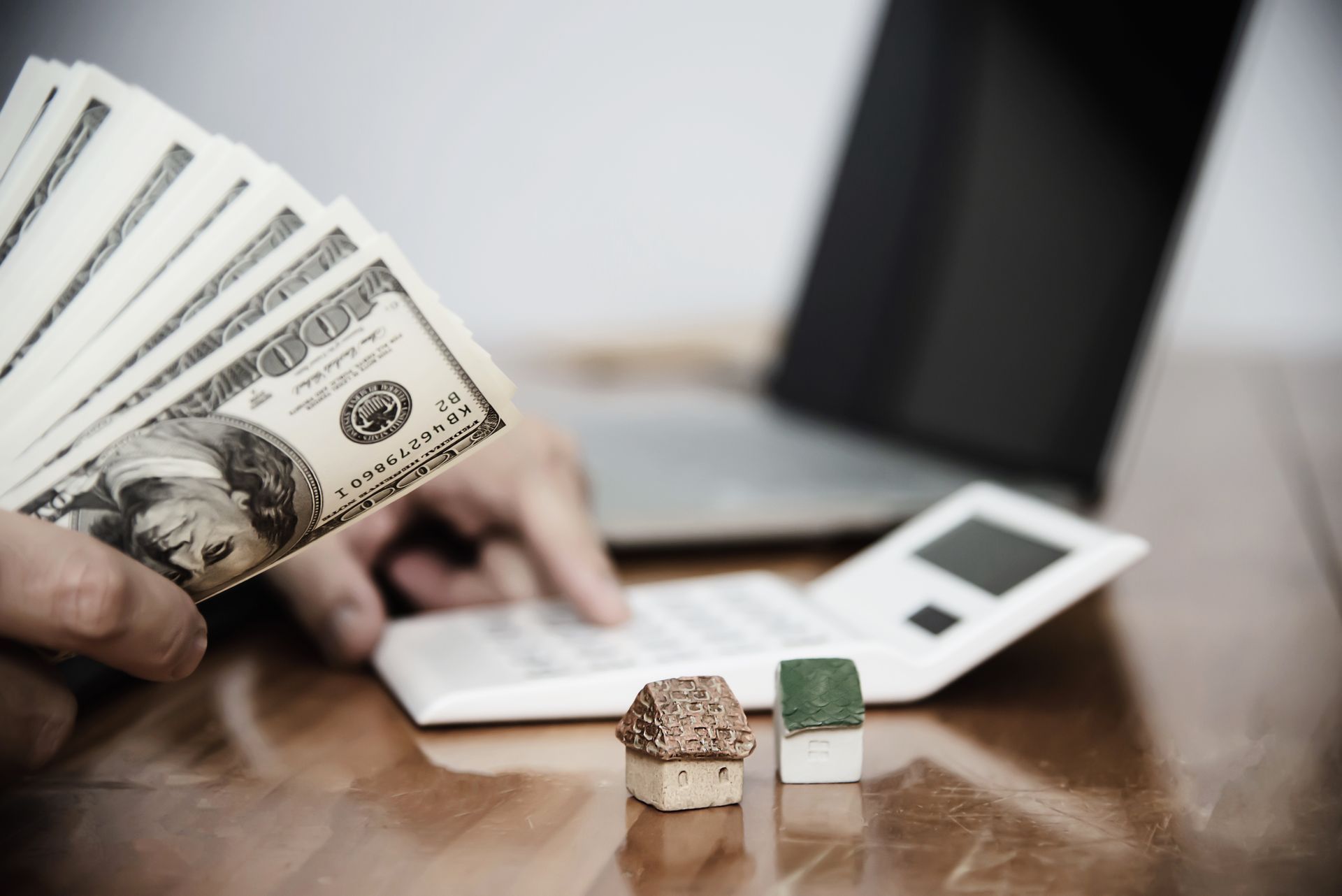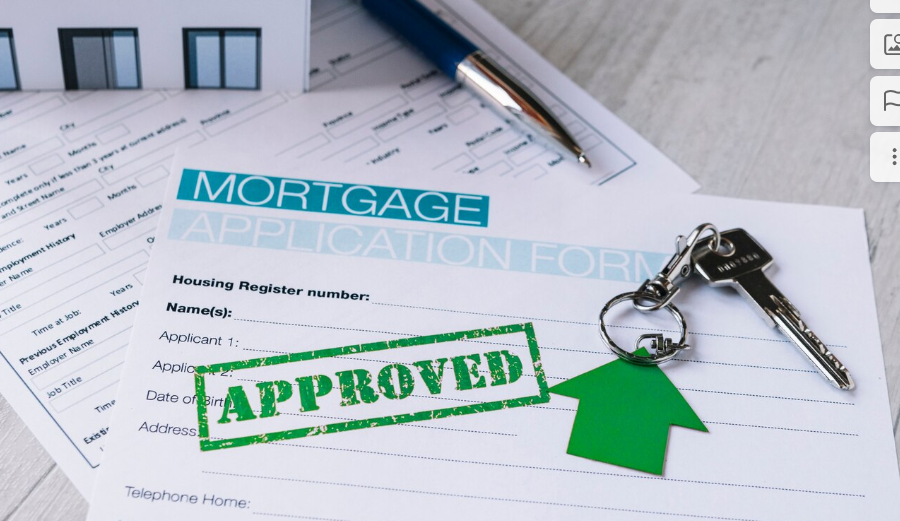Understanding Florida’s Homestead Exemption When Selling a Home
How the Homestead Exemption Affects Your Home Sale
If you're
selling a home in Florida, understanding the homestead exemption is crucial. This exemption isn’t just about property tax savings—it can impact how much you keep from the sale and whether you qualify for specific tax breaks. Florida’s homestead exemption offers protection against rising property taxes and provides legal safeguards, but what happens when it’s time to sell? Let’s break it down.
What Is the Florida Homestead Exemption?
The Florida homestead exemption is a property tax benefit that reduces the taxable value of your primary residence by up to $50,000. This can lead to significant savings on your annual property taxes. But beyond tax relief, Florida’s homestead laws also provide certain legal protections against creditors.
When selling a home, homeowners often ask: Does my homestead exemption affect the sale price? What about capital gains taxes? These are valid concerns, and getting the right answers can save you money and potential headaches.
Homestead Exemption Eligibility & Rules When Selling
To qualify for Florida’s homestead exemption, you must meet the following requirements:
- The property must be your primary residence as of January 1st of the tax year.
- You must be a permanent Florida resident.
- You need to file for the exemption with your local county property appraiser.
So, what happens when you sell? The exemption doesn’t transfer automatically to your new home. You’ll need to apply for portability, which allows you to transfer some of your tax savings to a new home in Florida.
Tax Implications of Selling a Homestead Property
1. Property Tax Considerations
Once you sell, the new homeowner must reapply for the exemption. That means their property taxes could be significantly higher than yours, based on the home's reassessed value. It’s something to mention to potential buyers who may be expecting the same low taxes you’ve been paying.
2. Capital Gains Tax Exemptions
Florida has no state income tax, but federal capital gains tax still applies. The good news? If you’ve lived in your homesteaded home for at least two of the last five years, you can exclude up to $250,000 in gains from federal taxes if you're single (or $500,000 if you're married and filing jointly). That means if your home has significantly appreciated in value, you may not owe any taxes on the sale.
3. Homestead Portability
If you plan to
buy another home in Florida, you may be eligible to transfer part of your property tax savings to your new residence. This process, called Save Our Homes portability, allows you to take up to $500,000 in assessed value difference to your next property, reducing your new home’s taxable value.
Real-Life Example of Homestead Exemption in Action
Let’s say you bought a home in Jacksonville for $250,000 and homesteaded it. Over the years, the market value rose to $400,000, but thanks to the Save Our Homes cap, your assessed value only increased to $275,000. This kept your property taxes low compared to your neighbors who bought at market price.
Now, you decide to sell. The new buyer won’t inherit your capped tax rate—they’ll be taxed on the full market value. However, if you buy another home in Florida, you can transfer the tax savings through portability, potentially saving thousands in future property taxes.
Common Misconceptions About Florida’s Homestead Exemption
Myth #1: The Homestead Exemption Stays with the Property
Nope! Once you sell, the exemption doesn’t automatically roll over to the new owner. Each buyer must reapply.
Myth #2: You Lose the Exemption as Soon as You List Your Home
Not true. You keep your exemption through the year of sale, as long as it remains your primary residence on January 1st.
Myth #3: You Can’t Buy a New Home Without Paying Higher Taxes
You can, but only if you use the portability benefit to transfer your homestead savings to your new home.
Key Takeaways for Florida Home Sellers
- The homestead exemption reduces property taxes but does not transfer to the new owner.
- Selling a homesteaded home could lead to capital gains tax savings if you meet the ownership and residency requirements.
- Florida’s portability rule allows you to transfer property tax savings to a new Florida home.
- Buyers should be aware that their taxes may increase after purchasing your property due to reassessment.
Final Thoughts
Understanding Florida’s homestead exemption when selling a home can save you money and ensure a smooth transaction.
Whether you’re upgrading, downsizing, or relocating, knowing how to handle your tax benefits and exemptions will help you make the most of your home sale. Need guidance on
selling your Florida home?
904 Home Buyer is here to help navigate the process and get you the best deal possible.

Salim Omar
Salim is a straight-talking CPA with 30+ years of entrepreneurial and accounting experience. His professional background includes experience as a former Chief Financial Officer and, for the last twenty-five years, as a serial 7-Figure entrepreneur.









